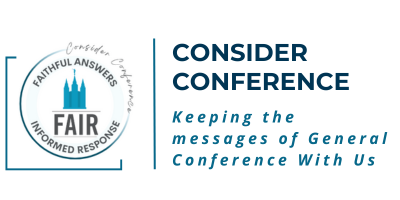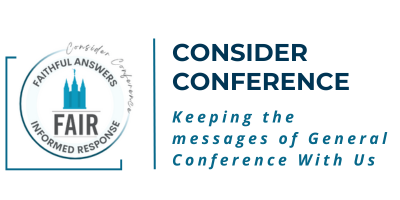
The following new items, which all relate to apologetics, have been published on the Church’s website today:
It also appears that the “Gospel Topics Essays” and “Church and Gospel Questions” have been consolidated into a new “Topics and Questions” section, which you will find if the links above redirect you to the contents page instead of the individual articles. In that case, you can navigate to the articles from the index on the left of the page. (As of 5/23, it appears that the redirection has been fixed.)


